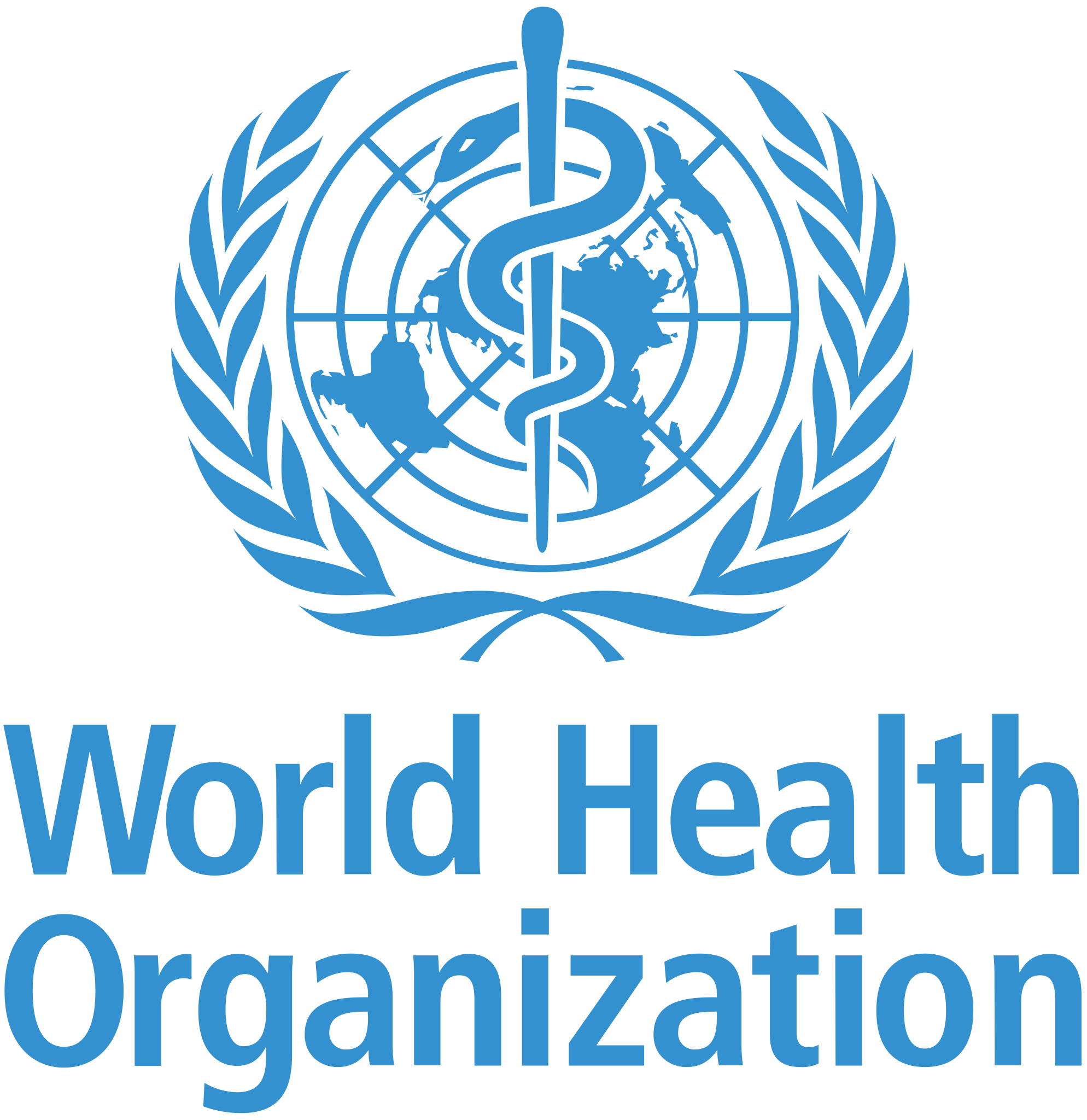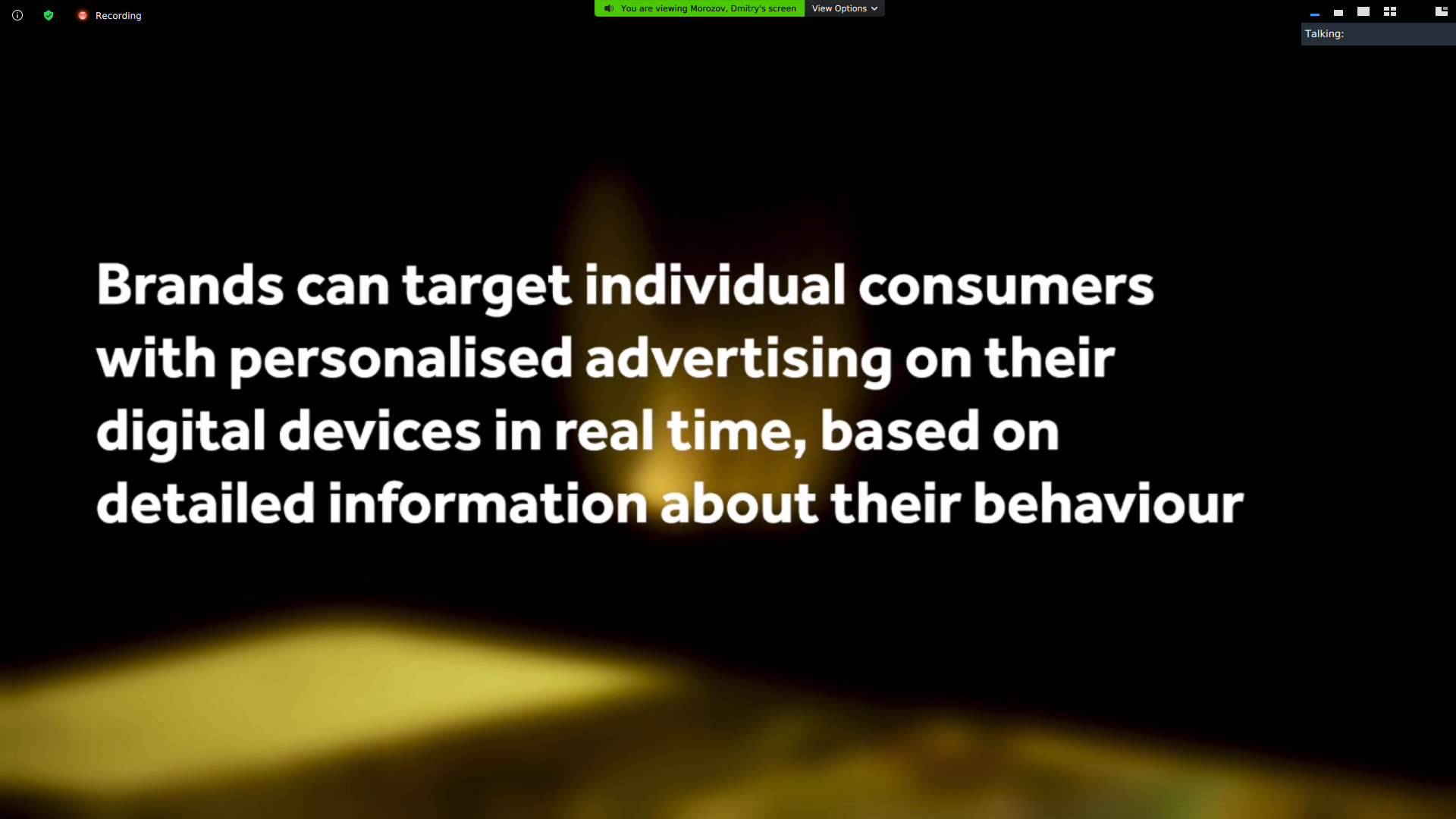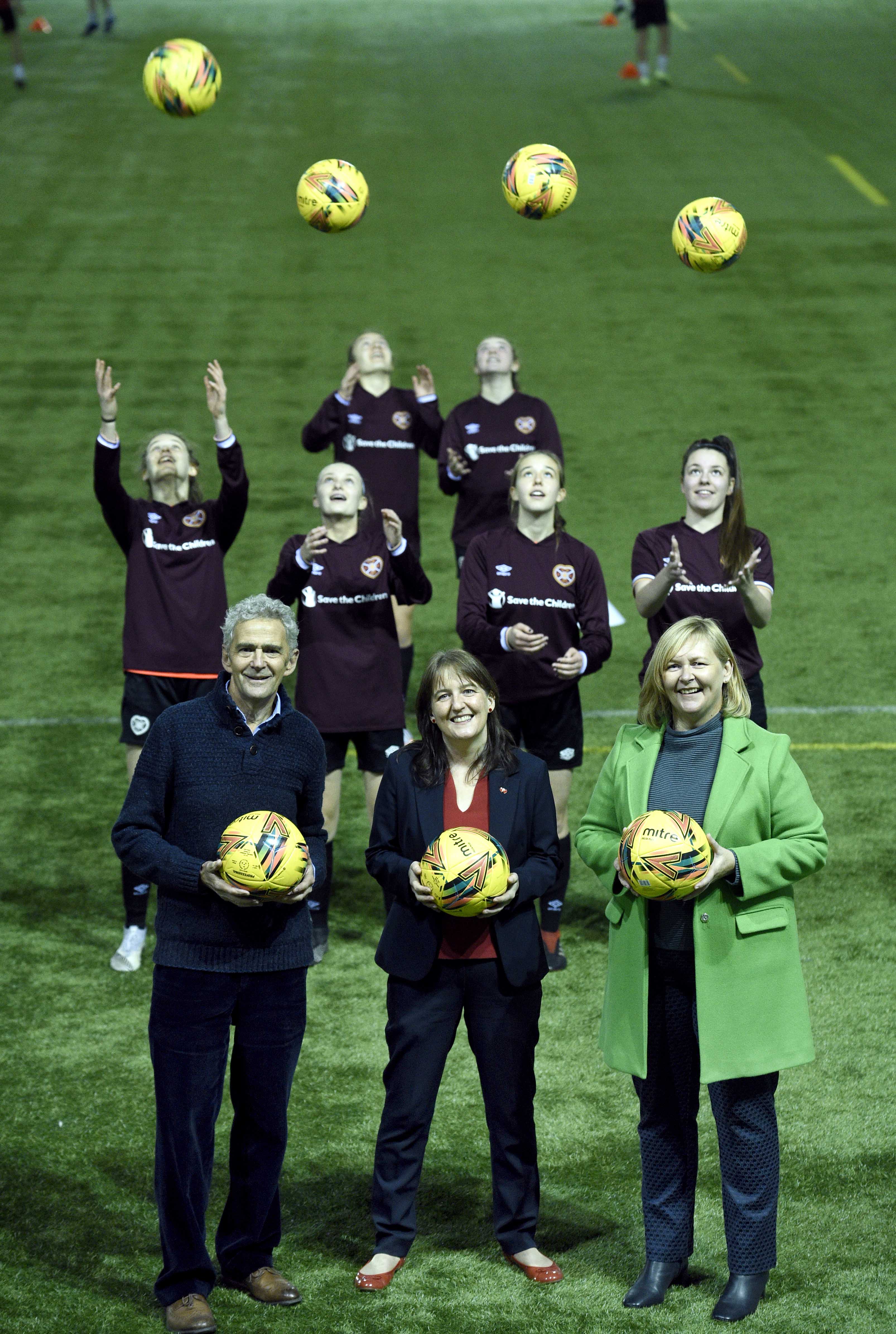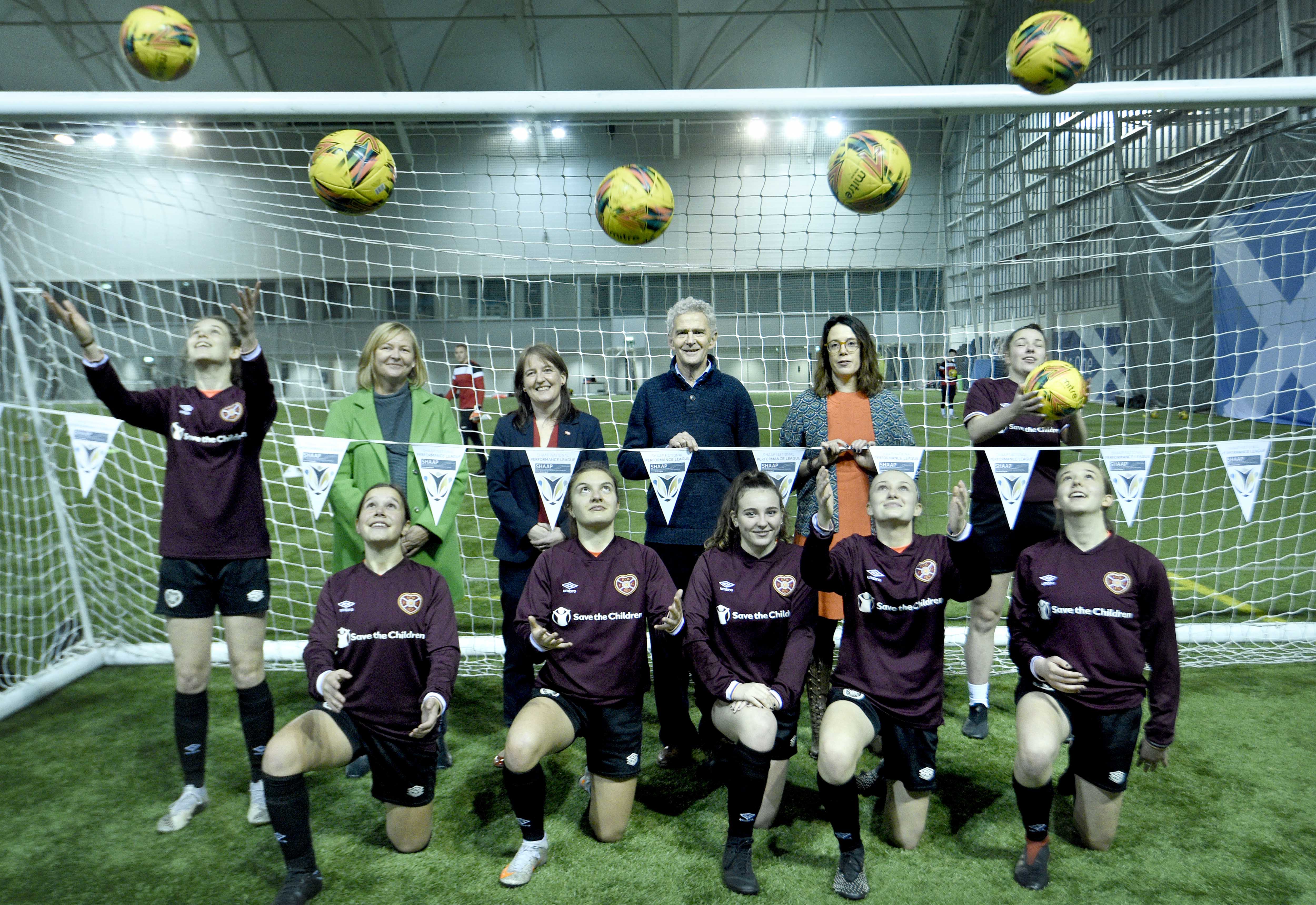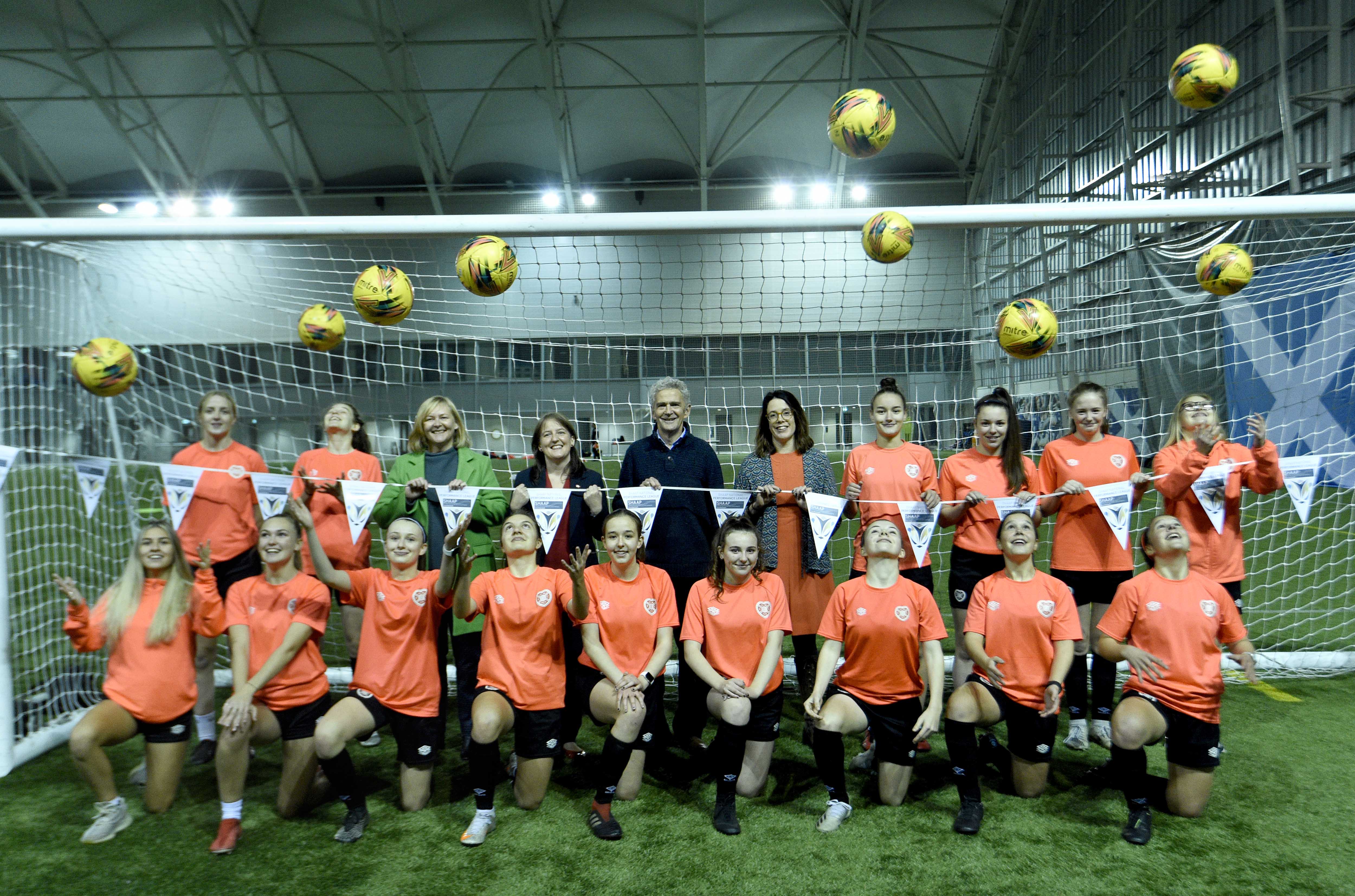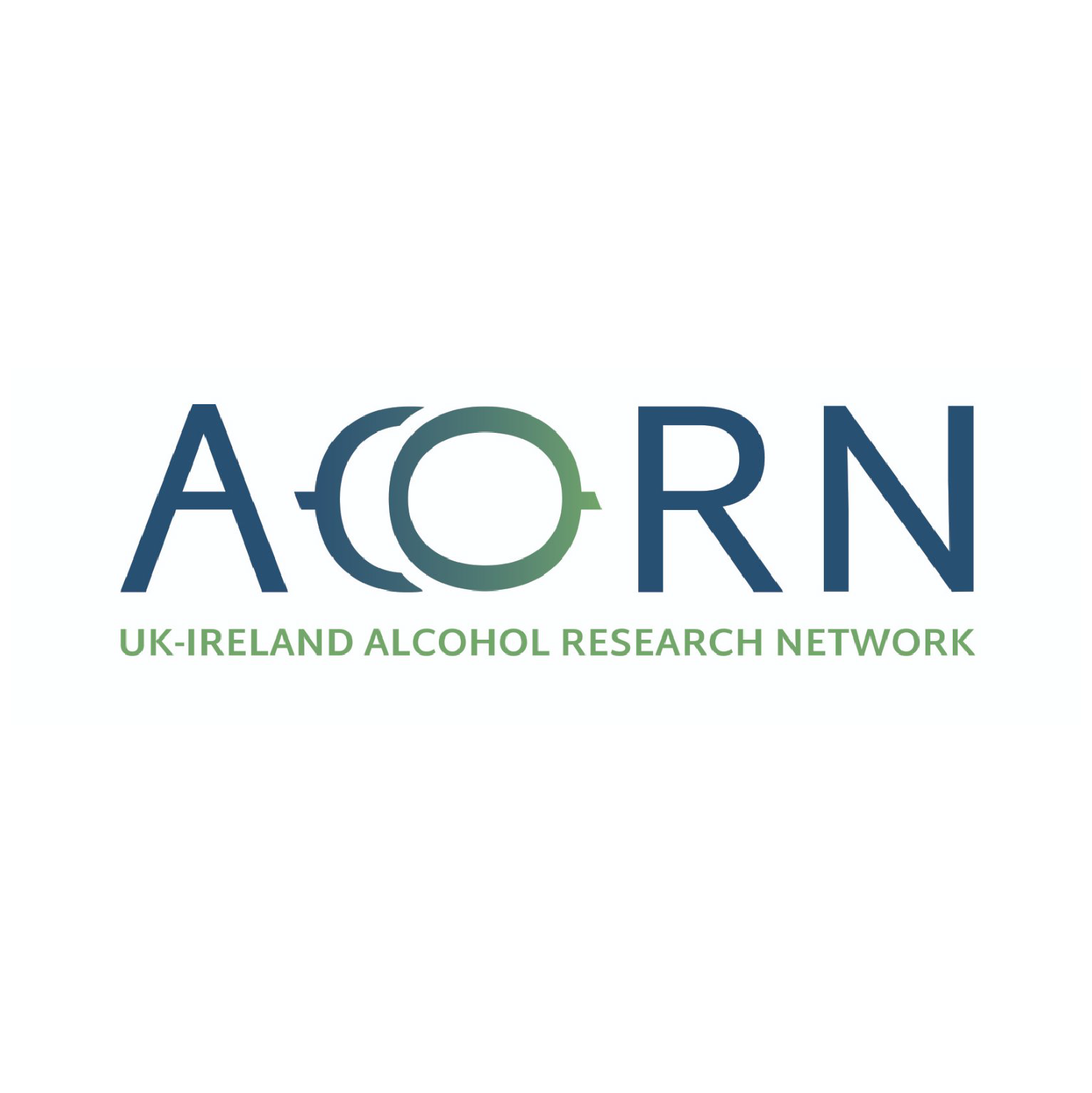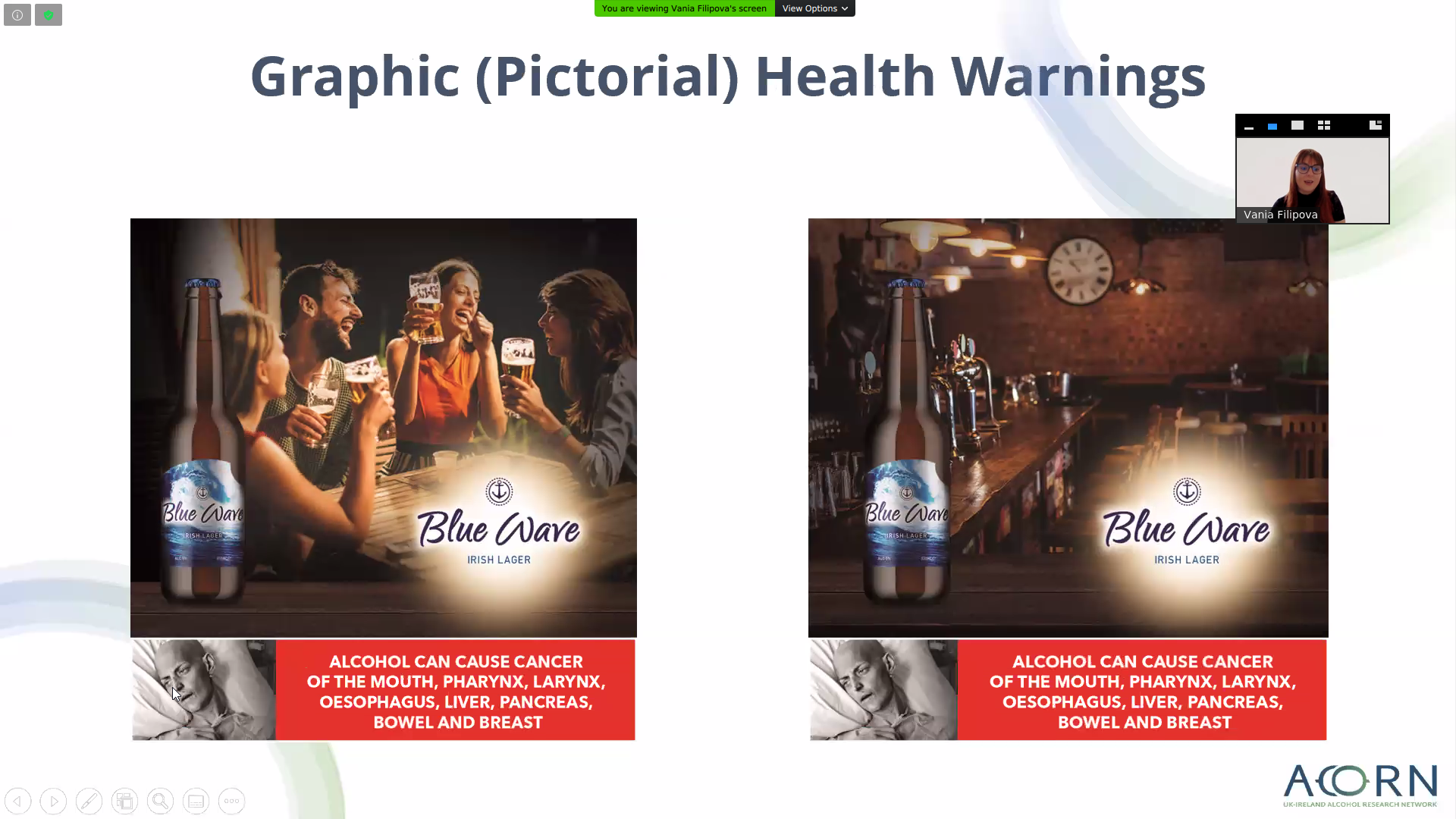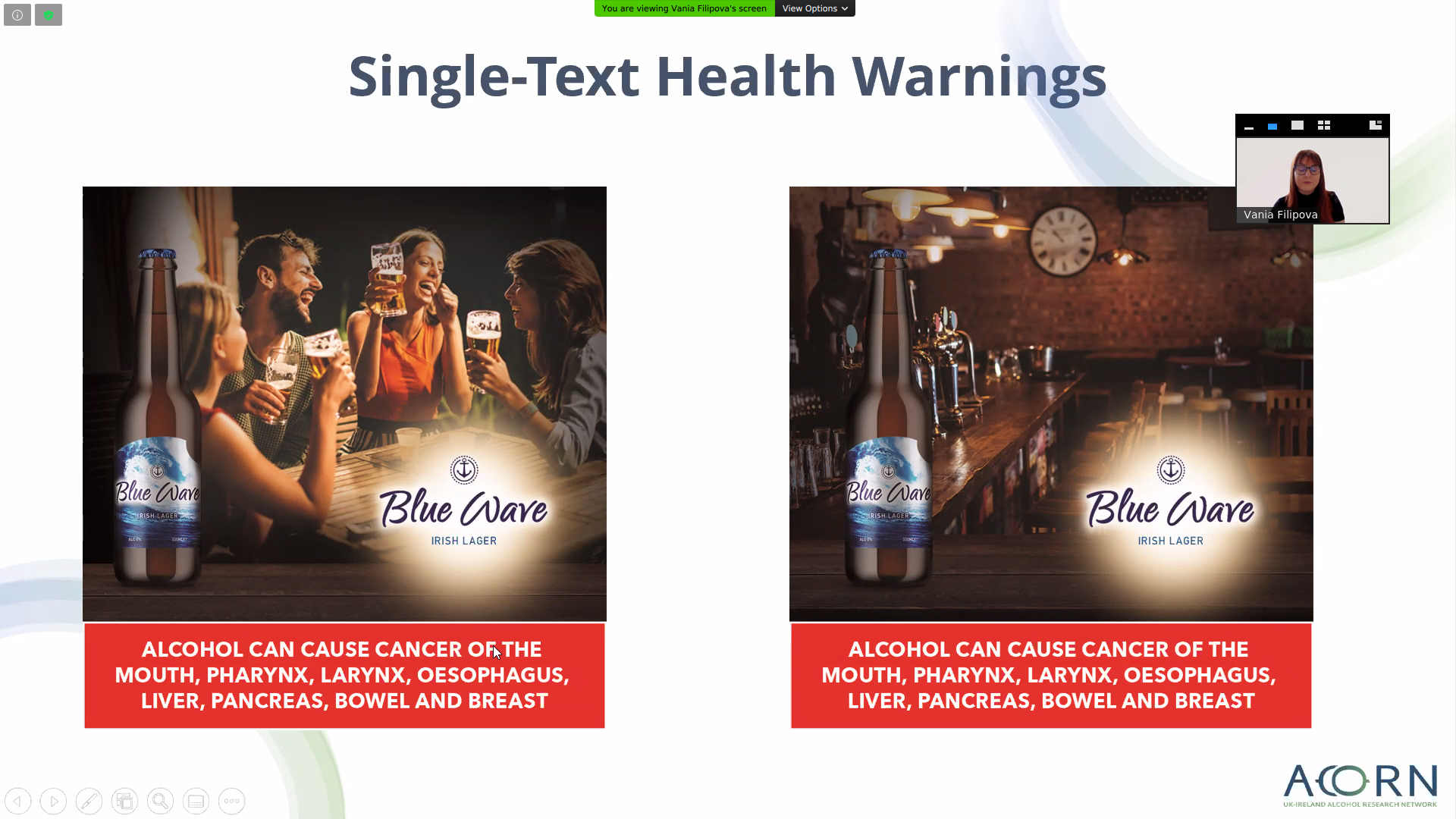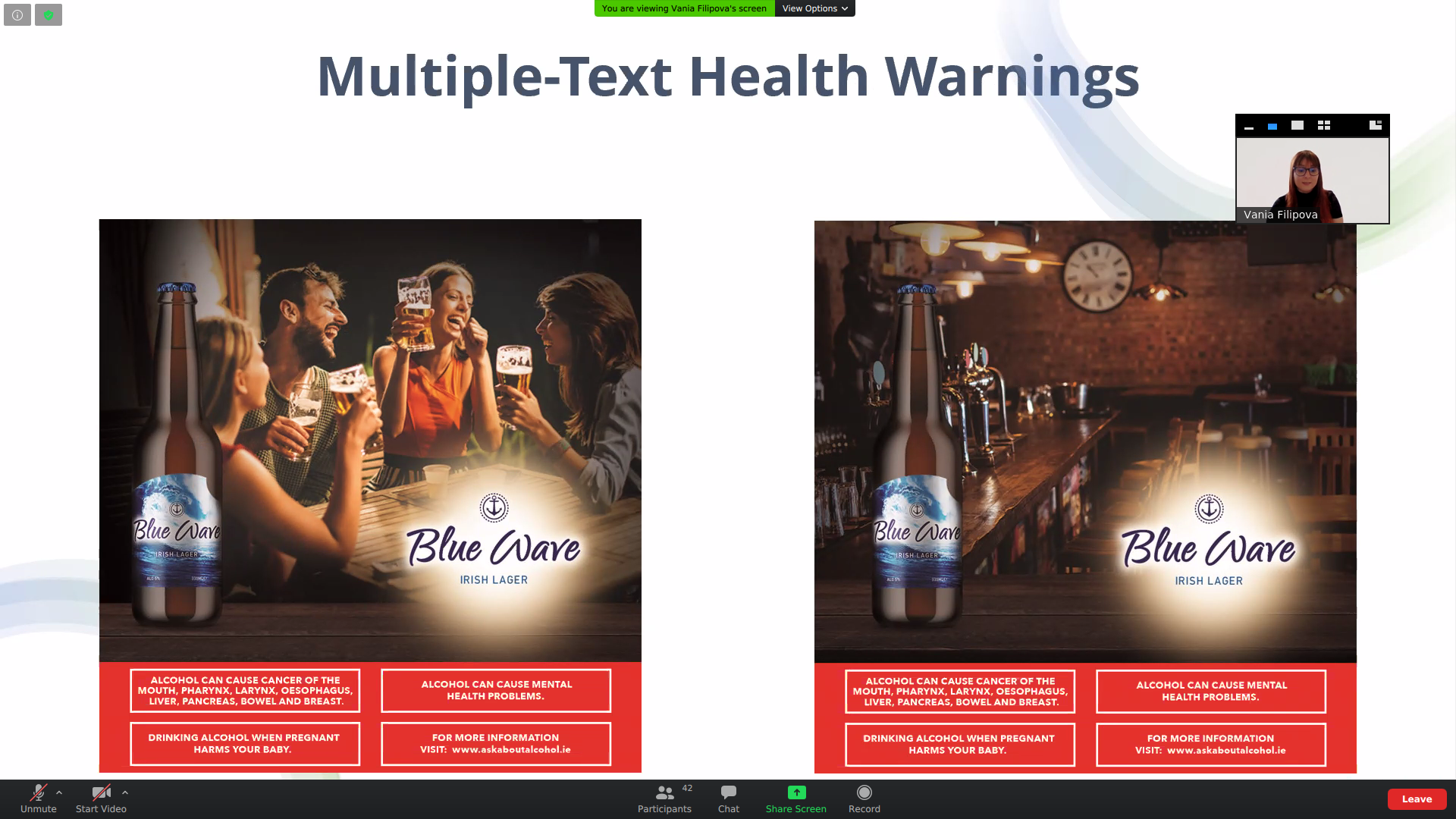
ENFORCE
ENFORCE BANS OR COMPREHENSIVE RESTRICTIONS ON ALCOHOL ADVERTISING, SPONSORSHIP, AND PROMOTION
International

This online webinar introduced the topics addressed by the upcoming WHO European Region report ‘Alcohol Digital Marketing: Challenges and Policy Options for Better Health’. The report discusses the threats alcohol digital marketing represents, especially to young people and other vulnerable populations, and the challenges posed by its regulation, control, and monitoring. As emerged during the webinar, restricting online marketing content based on age is often not an effective measure, as there are no identity verification systems and minors can easily create adult accounts. Another key challenge presented by the so-called 'dark marketing' is that it targets vulnerable populations without them being aware. The webinar also allowed for discussion of coordinated actions from member states and civil society groups in order to create a SAFER WHO European Region. While some considered a total ban on alcohol digital marketing, not a feasible option, some called for a total ban without exemption.
UK

During AWARH, SHAAP and SWF announced renewed partnership, with SHAAP confirming sponsorship of the SWF National Performance League for the 2021/2022 season. With SHAAP’s support, the league enables youth players to aim toward senior and elite performance.
The partnership has developed thanks to SWF’s desire to create a positive environment for girls’ football using alternatives to alcohol sponsorship. SHAAP endorses SWF’s stance and is encouraging others to do likewise. There are currently no legislative restrictions on alcohol sports sponsorship in the UK and alcohol marketing is self-regulated by the alcohol industry. The current approach to self-regulation does not do enough to protect children, young people and other vulnerable people from the influence of the alcohol industry.
Dr Alastair MacGilchrist, Chair of SHAAP:
“We applaud the stance SWF has taken. Sport is part of a healthy lifestyle – and in this case can lead to elite levels of performance – so there is no role for what is an intrinsically unhealthy product in the sporting arena. Indeed, it is counter-intuitive, yet alcohol sponsorship of our favourite clubs, teams and tournaments has sadly become ever-present. We would encourage other sports organisations, clubs and tournaments to reject the alcohol industry and promote a healthy lifestyle by finding other sponsors.”
Vivienne McLaren, Chair of SWF:
“We are delighted to continue our partnership with SHAAP, an organisation that shares our values and ethos. We believe that alcohol sponsorship has no place in the girls’ and women’s game. Of course we understand the appeal of financial investment but we need to be responsible. The overwhelming majority of players involved in our competitions are under 18. We have a duty of care towards the girls in our game and we should do everything we can to promote positive and healthy lifestyles.”
Maree Todd MSP, Minister for Public Health, Women’s Health and Sport:
“Restricting alcohol marketing is crucial to preventing alcohol-related harms and one of the three ‘best buy’ measures recommended by the WHO. […] We know that children and young people in Scotland see alcohol advertising and promotion in a variety of ways – when attending sporting events or concerts as well as on billboards, buses and at train stations. […] I am determined to cut down on the volume of alcohol marketing that children and young people in Scotland see and will publicly consult on potential alcohol marketing restrictions in 2022. […] I applaud Scottish Women’s Football for the stance they have taken and would encourage sports teams and organisations to diversify sponsorship away from alcohol brands.”
Elinor Jayne, SHAAP director:
“The ban on tobacco sponsorship of sports has been successful with clubs and tournaments finding alternative sponsors. We now call on the Scottish Government to not only curb alcohol marketing when it publishes proposals next year, but to give consideration to an outright ban on sports sponsorship by the alcohol industry.”
Ireland

The webinar presented an update on the recently introduced Public Health (Alcohol) Act 2018 and its implications (Dr Pat Kenny, Technological University Dublin). The Act currently establishes a ban on alcohol advertising unless the advertisement includes the following warnings:
- a warning that is intended to inform the public of the danger of alcohol consumption;
- a warning that is intended to inform the public of the danger of alcohol consumption when pregnant;
- a warning that is intended to inform the public of the direct link between alcohol and fatal cancers;
- details of a website providing public health information in relation to alcohol consumption (https://askaboutalcohol.ie).
Changes in alcohol marketing awareness one year after the Public Health (Alcohol) Act 2018 initial implementation and during the COVID-19 pandemic were discussed (Dr Nathan Critchlow, University of Stirling). Data showed a decrease in self-reported alcohol marketing awareness in locations such as cinemas, posters/billboards, and public transport (1). However, caution is needed in the interpretation of these results, as both advertising controls and the pandemic might have played a role.
Vania Filipova (Technological University Dublin) presented the evidence on the impact of graphic health warnings in alcohol ads. Parameters measured by her research were: recall, negative emotions provoked, believability, perceived risks, knowledge of alcohol risks.
There was a control group, and then 3 experimental groups which were exposed to either:
1) single text health warnings;
2) graphic and text health warnings;
3) multiple-text health warnings.
Single text followed by graphic and text (cancer) health warnings caused the highest impact on negative emotions generation, but they were the least effective when it comes to believability. Multiple-text warnings were more believable than single-text (cancer) warnings, with and without graphic imagery. Finally, graphic and text warnings performed best in terms of recall. Thus, a combination of designs and possibly message rotation have the potential to produce the best results and avoid desensitisation.
Finally, Dr Richard Purves (University of Stirling) discussed his findings on alcohol marketing during the 2020 Six Nations, which are published in this report. The codebook used to analyze alcohol marketing messages captured the following: the total number, frequency and duration of the messages, whether in play or out-of-play, location and format, brands, content (e.g. logos, alibi marketing, …), and responsibility messages or health warnings. The match with the highest number of references contained an average amount of 5.1 references per minute.
(1)Article

